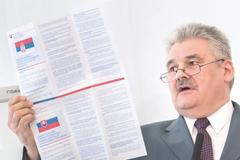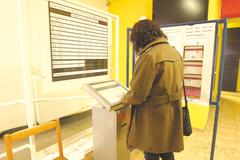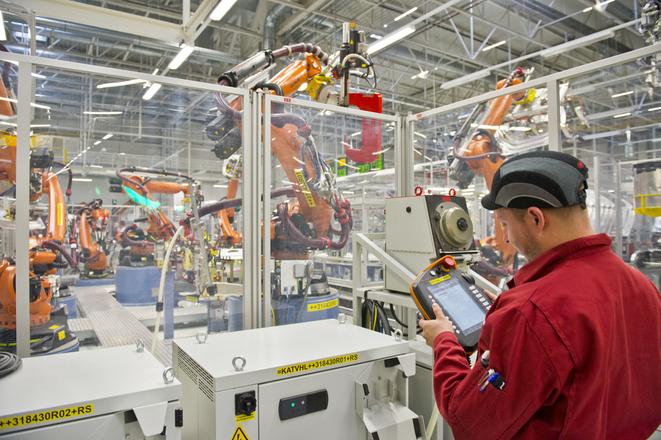Entrepreneurs in Slovakia are suffering from a shortage of the labour force. As much as 50 percent of respondents of a survey conducted by the Business Alliance of Slovakia (PAS) in cooperation with the think-tank INESS during the first half of April indicated a significant lack of labour force. Another 35 percent instead report a lack of labour force, 11.4 percent report no shortage, and the remaining 15 percent do not feel any shortage, show the survey results.
Entrepreneurs especially lack workers in positions with a gross monthly wage between €500 and €800 (51 percent of employers), followed by positions with a wage between €800 and €1,200 (33 percent), more than €1,200 (10 percent) and up to €500 (6 percent), informed PAS vice-president Peter Serina.

The companies are especially addressing the labour shortage with an increase of effectiveness (68 percent) and search for a labour force abroad (50 percent). However, some of them are already being forced to turn down orders (38 percent) or employ people from disadvantaged groups, for example the long-term unemployed or parents on leave, the SITA newswire wrote.
They employ foreigners because there is an insufficient labour force on the local market (40 percent of respondents) and also because local jobseekers have wage requirements exceeding their abilities and skills (29 percent), do not have proper work ethic (21 percent) or qualification (11 percent).

The survey was taken by 115 employers, of which 36 percent were from industry, followed by services (22 percent), construction (15 percent), agriculture (13 percent), retail (11 percent) as well as the energy and waste processing sector (3 percent).



 (source: TASR )
(source: TASR )